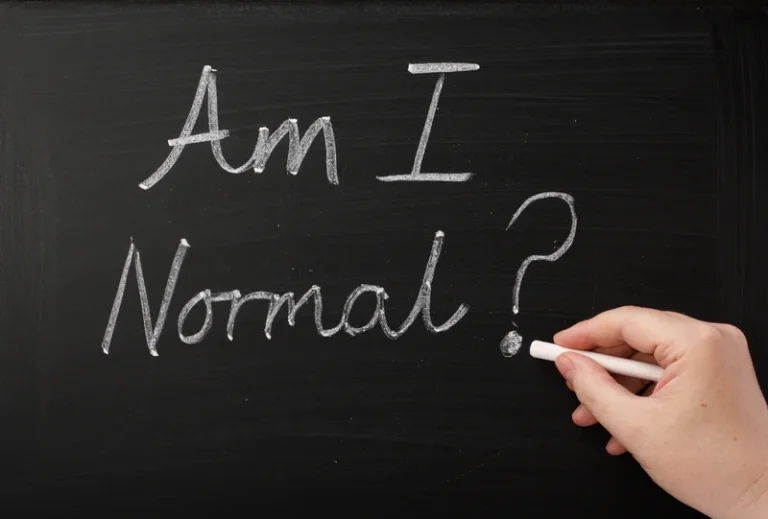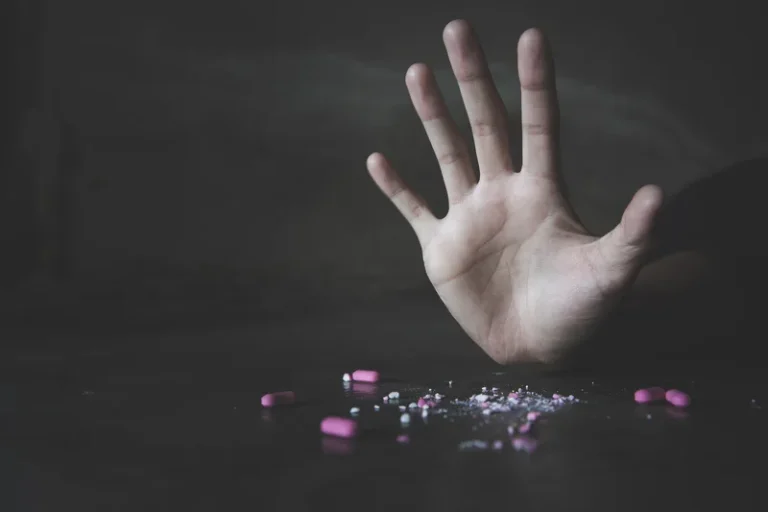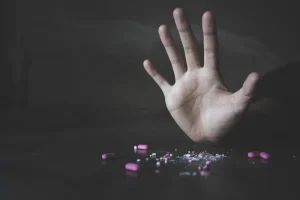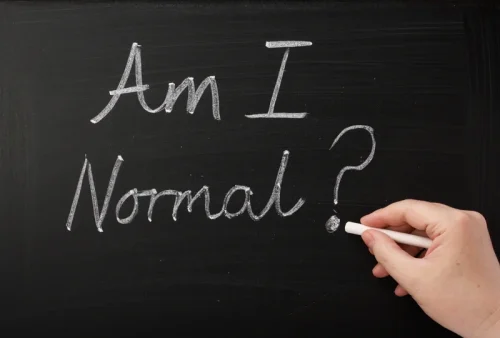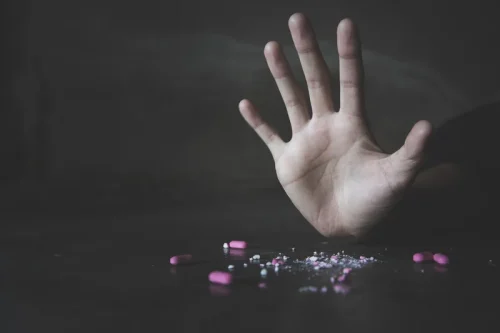As your body metabolizes the alcohol and the sedative effects wear off, it can interfere with your circadian rhythm, and cause you to wake up frequently or before you’re properly rested. As research consistently shows, however, the opposite is actually true. Drinking alcohol might help you fall asleep—but it won’t keep you there. And the negative effects of interrupted sleep can add up over time, leading to other unwanted health concerns including chronic pain.
Why do I wake up with a sore throat? 10 triggers and their remedies explained
And we quickly build a tolerance for the sedative effects of alcohol, which means you may need to drink more to have the same initial sleep-inducing effects. Alcohol is highly effective at suppressing melatonin, a key facilitator of sleep and regulator of sleep-wake cycles. Research indicates that a moderate dose of alcohol up to an hour before bedtime can reduce melatonin production by nearly 20 percent.
Tips on Being More Sleep Responsible With Drinks
At the same time, many people with insomnia routinely use alcohol to fall asleep. Research shows that as many as 20 to 30 percent of people with insomnia report using alcohol to get some shut-eye, notes Dr. Avidan. Just because alcohol has a sedative effect doesn’t mean you’ll get better sleep, though. Research has shown that drinking messes with sleep cycles and leads to frequent awakenings in the night and early morning.
Health Categories to Explore
While every person’s individual sleep cycle varies, it’s generally true that each of us goes through four to six rounds of it. Each cycle lasts around 90 minutes total, which adds up to between six and nine hours of sleep. Although experts can’t be certain that alcohol directly causes insomnia, numerous studies have found a link between this sleep disorder and alcohol consumption. If you are one of the nearly two thirds of Americans who drink alcohol, chances are, you’ve had a drink in the hours before bedtime. Maybe you enjoy a glass of beer or wine after dinner, or your weekends include drinking with friends at bars or social events. Alcohol can affect individuals differently and even affect the same person in different ways at various times, depending on factors such as how much and how quickly alcohol is consumed.
The more alcohol you drink, the more your body Sober living home will need to metabolize and the worse the impact on sleep. “Overall, alcohol should be consumed in moderation,” says Benjamin. It wasn’t until 2012 that scientists discovered this neurological plumbing operation, which they dubbed the glymphatic system.
Even moderate drinking can lead to undesirable sleep side effects.
- Research shows that as many as 20 to 30 percent of people with insomnia report using alcohol to get some shut-eye, notes Dr. Avidan.
- It’s a sedative, so it can send you into a deep sleep quickly—but that’s not what’s supposed to happen.
- Sleep apnea is a common disorder that causes breathing to repeatedly stop and restart during sleep, affecting the amount of oxygen your body gets.
- REM sleep is vital for healthy brain development, the National Sleep Foundation noted.
Lindsay Modglin is a nurse and professional writer who regularly writes about complex medical topics, as well as travel and the great outdoors. She holds a professional certificate in scientific writing from Stanford University School of Medicine and has contributed to many major publications including Insider and Verywell. As a passionate advocate for science-based content, she loves writing captivating material that supports scientific research and education. In her spare time, you can often find her exploring nature with her husband and three children. Alcohol is classified as a central nervous system depressant, meaning it slows down brain activity. While “relaxed” may sound appealing, alcohol has also been shown to negatively affect sleep and other physiological processes that occur during sleep.
All of which contributes to both snoring and worsened sleep apnea symptoms. However, as alcohol abuse progresses, a person’s sleep pattern becomes shifted and disrupted, thus perpetuating the perception that you may need alcohol to help you sleep. In a study interviewing abstinent alcohol dependent people, a substantial proportion described having been aware that alcohol disturbed their sleep, but that they needed to drink to get to sleep. So alcohol use may create sleep disruption, does alcohol help you sleep but the sleep disturbance in turn, elicits greater alcohol use. And though it may help in the short term, drinking alcohol before bed can actually lead to a night of horrible, restless sleep. Whether you have had one or multiple drinks, it’s best to wait for your body to fully process the alcohol before heading to bed.
- This, too, can wake you up in the middle of the night, sometimes more than once.
- A few drinks here and there shouldn’t hurt your overall health, but your drinking habits could be worth a second look if you find they’re impacting your sleep schedule or any other parts of your life.
- The body takes about four to five hours to get rid of half the alcohol you consume.
“Even if alcohol initially helps someone fall asleep, they may wake up many times throughout the night or not get into a deep sleep,” she continues. “First of all, it increases our initial deep sleep, disrupting our sleep stages’ overall balance,” he said. More than 70% of those with alcohol use disorder https://ecosoberhouse.com/ (AUD) also experience alcohol-induced sleep disorders, such as insomnia, according to scientists in a 2020 review. Regular drinking has also been linked to shorter periods of rapid eye movement (REM) sleep, a disrupted circadian rhythm, and snoring. According to Avidan, you should stop drinking at least four hours before you go to bed to reduce your risk of disrupted sleep.

